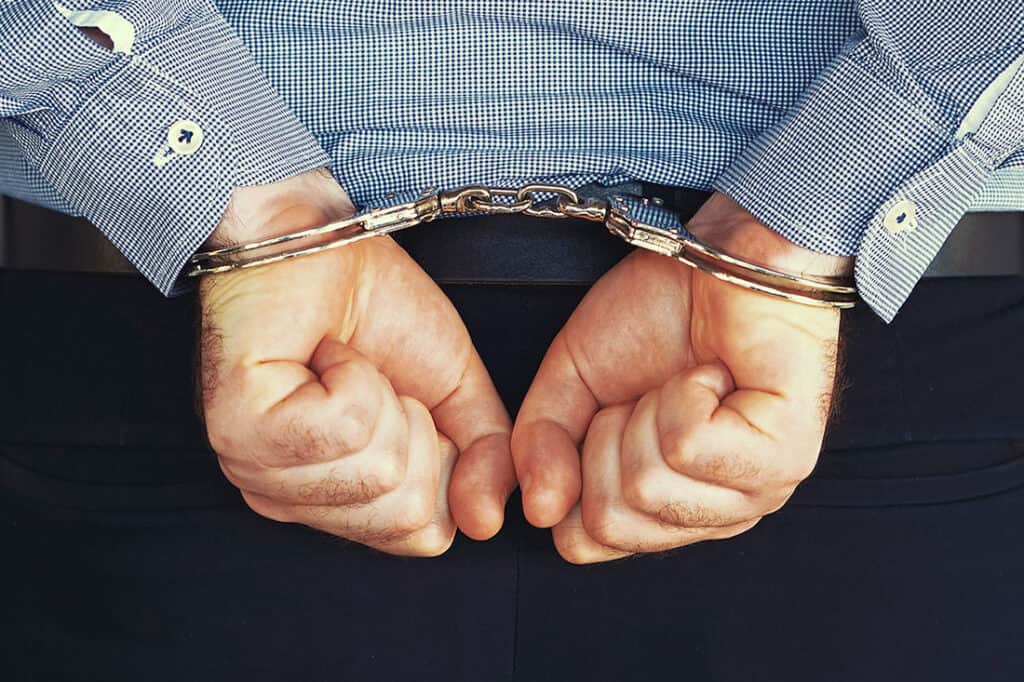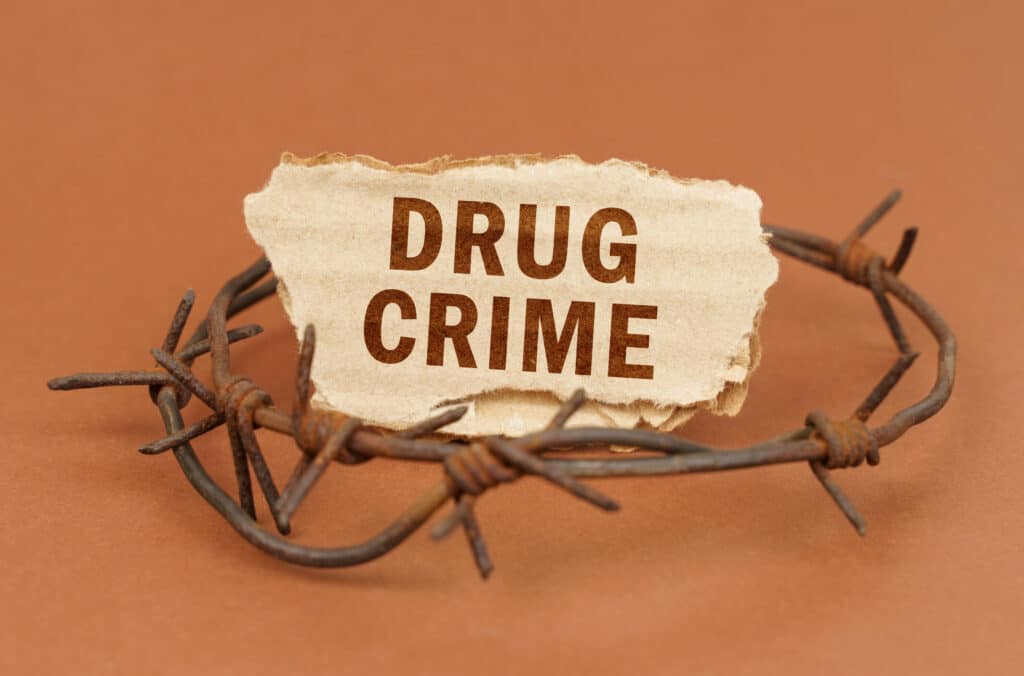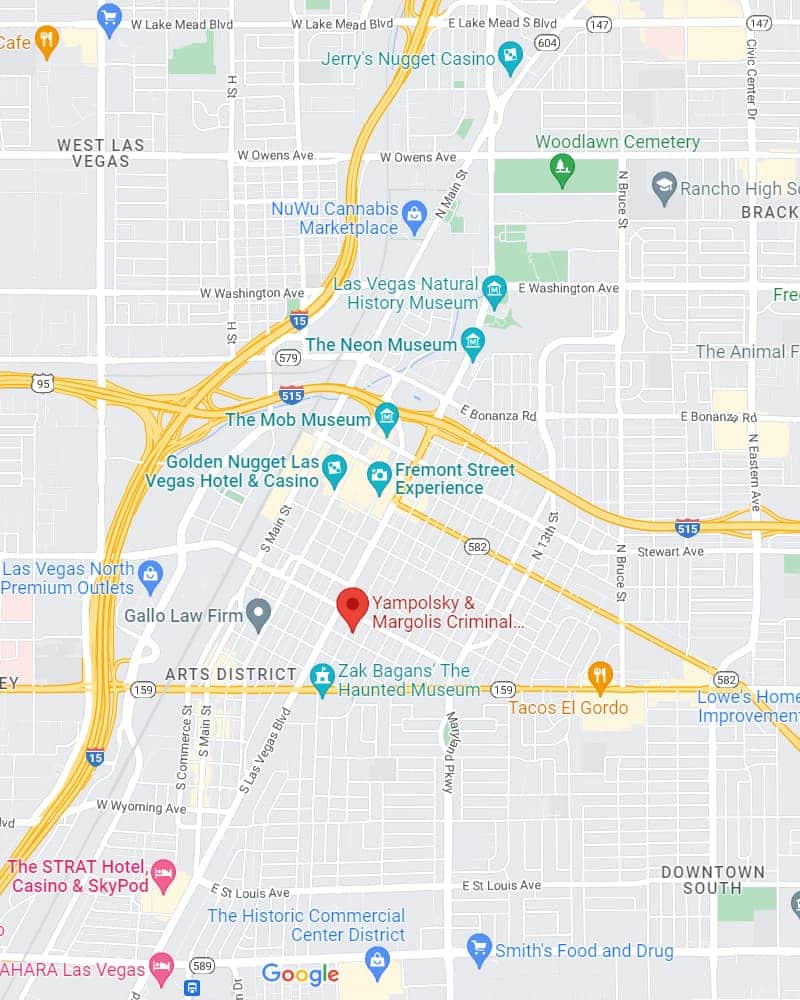NRS 453.3385 criminalizes drug trafficking as a C felony offense with a potential penalty of 1-6 years in the NDOC. In Nevada, drug trafficking charges are distinguished at three levels: low level drug trafficking charges (C felony); mid-level drug trafficking (B felony); and high-level drug trafficking (A felony). At the highest levels, drug trafficking carries a potential penalty of life imprisonment and carries lengthy terms of imprisonment in the NDOC comparable to violent crimes. Generally, the amounts implicated in trafficking charges range from a half pound or several hundred pills, upward.







